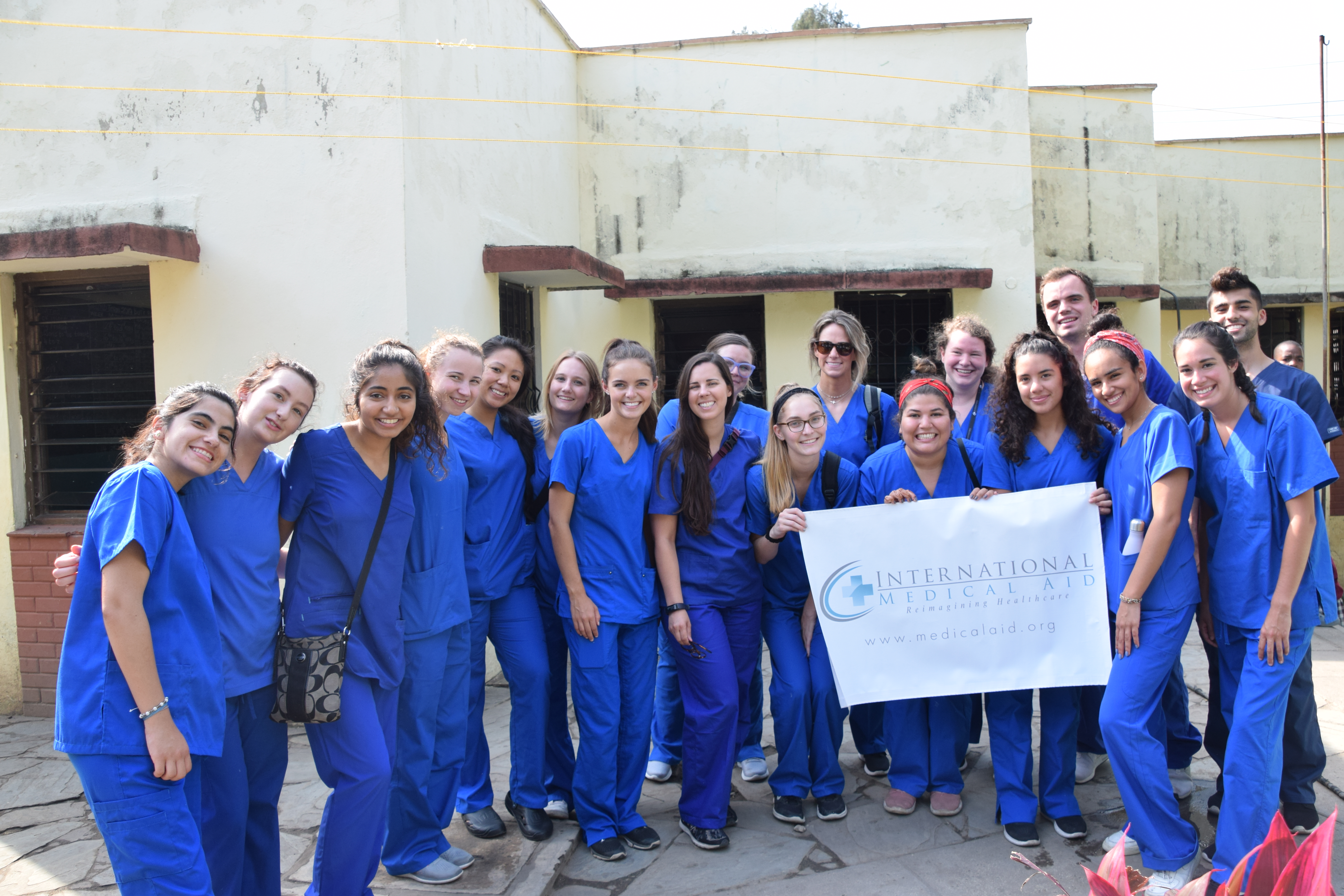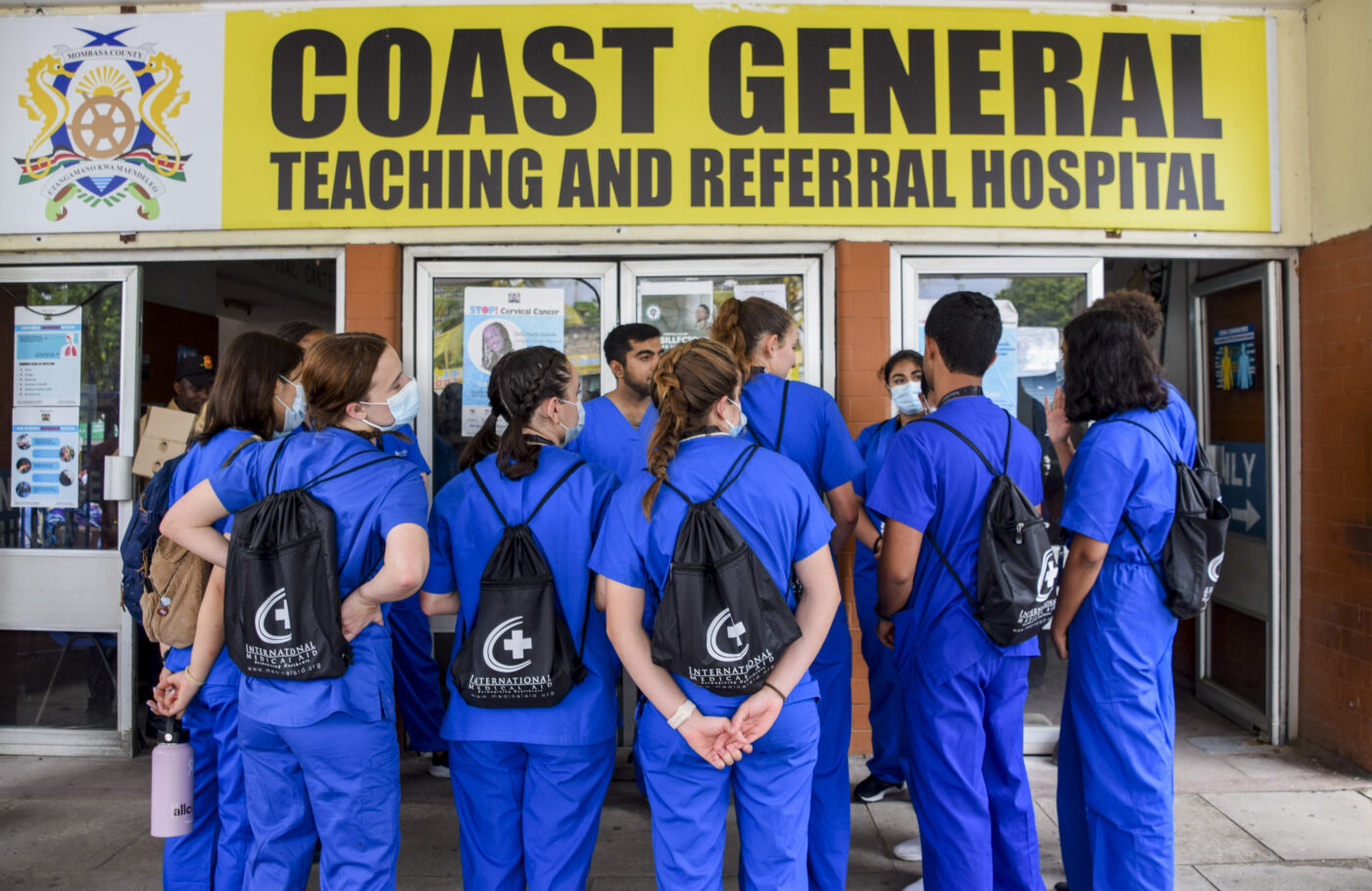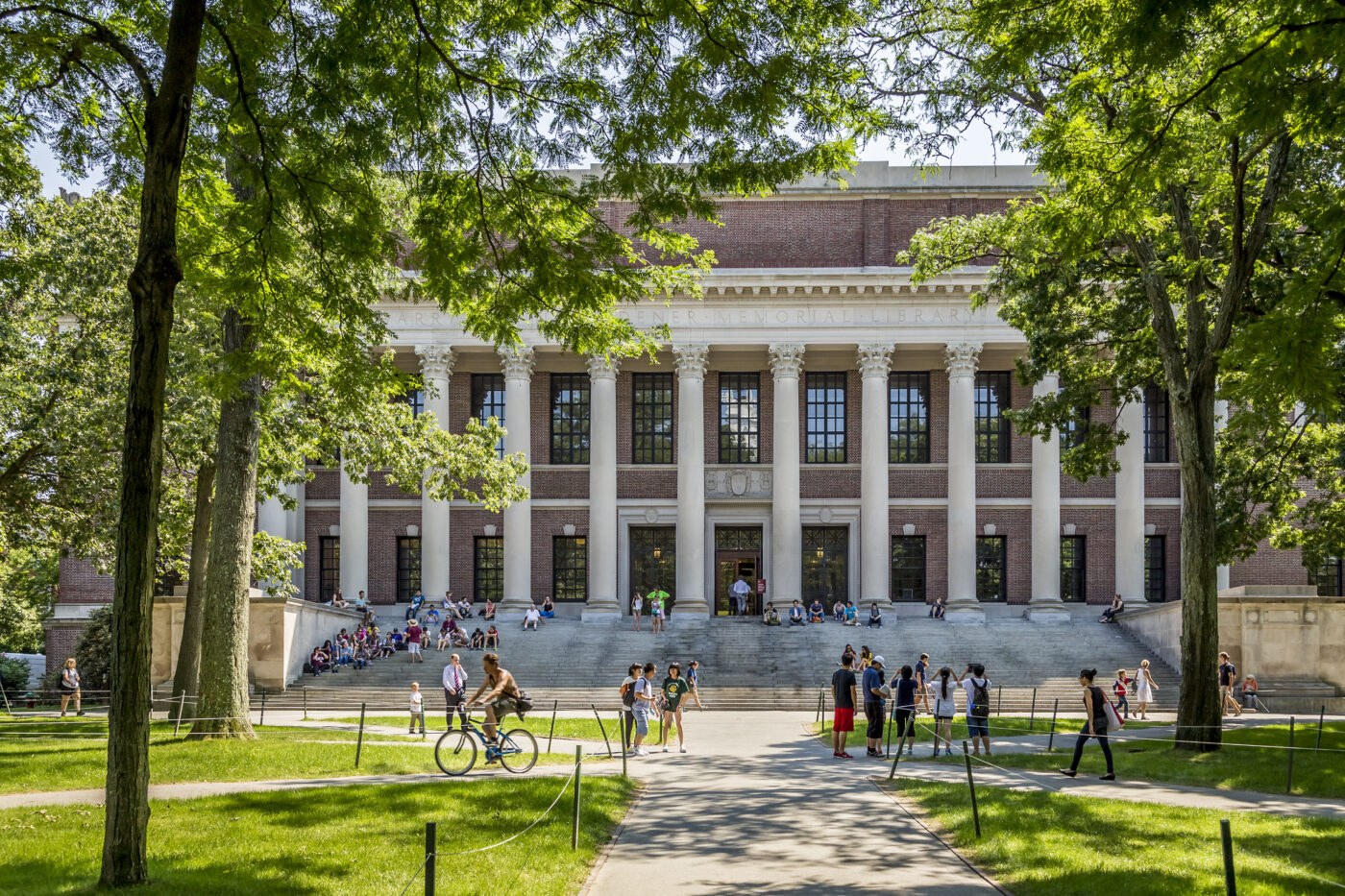Did you know that almost 60% of medical school applicants are not accepted annually? Rejection shouldn’t discourage you, especially if your medical school personal statement effectively highlights your strengths, motivations, and readiness for the profession. As we all know, your medical school personal statements are significant in showing medical schools who exactly you are.
You might have performed excellently in your GPA and MCAT, but medical schools want to know you as an individual. They want you to express yourself; they want to know your background, your uniqueness, and why you want to pursue the course.
Your medical school personal statement needs a broad interest in your achievements, insights, and perspectives. A piece of excellent personal information cannot be crafted overnight, but it will look better if you start brainstorming points as early as you can.
Standing out from other applicants will surely get you a ticket to the best medical schools, but your story must be compelling and intense. There must be passion in your action, and it’s also vital for a personal connection to be shared. Indeed, it’s unique, and something consequential must come out of the story.
Personal statements are important because they show the committee what inspired you to apply to a medical school. It also offers a premed commitment to medicine. The medical school personal statement clarifies whether a premed is utterly ready for medical school. Remember, be yourself to stand out from other applicants. Don’t try too hard to influence the admission reviewers.
If your writing is average, it doesn’t mean that you cannot write the best essay. There are high chances that your statement can stand out if you work on the most crucial parts of your essay. The critical elements in your essay tend to be:
- Introduction – the opening line in your medical school personal statement is supposed to entice the reader. You are supposed to engage the reader immediately. If you thought of standing out and separating yourself from the competition, then this is where you start. Reveal something unique about your personality.
- Body/Core Story – you are supposed to be very active in this part. Don’t try to be the observer here but center yourself in the action of the story. The admission committee wants to know more about you, reveal yourself. Your Essay does not need tricky words but concrete ones.
- Why? – Why do you want to study medicine? As you showcase your imputes, be clear and personal. Most of the admission reviewers will be eager to know why you want to study medicine since it’s the Essay’s main point. Try to be specific and convey your personalized reasons to prove that you are a good fit for the profession.
Let’s compare the average personal statements and compelling personal statements as we break down a medical school personal statement’s main components.
Introduction
The opening line determines whether the reader is going to be interested in the content of your Essay. Make sure that you catch the eyes of the reviewers and draw them in. Yes, grab their attention.
Average
It is my dream to become a doctor.
My dad was a doctor, and that’s why I want to become one too.
A doctor saved my family, and that’s when I decided that I wanted to become a doctor.
I have compassion for medicine, and I would like to practice medicine to help.
Summary
The above clichés might make some sense, but they do not have any power in them. It’s a good thing to help or get inspired by a close person. Remember, you compete with many other applicants. Express yourself in a better way and show some relevance.
Focus on the current reason for pursuing medicine, not what you wanted to be when you grow up. Reveal your skill set, too, because a physician has to balance intellect with interpersonal skills.
Compelling
ospital nurtured my passion for medicine; I realized that helping patients required more knowledge in medicine. I can now relate to different people with ease, which will help when I become a physician.
After I witnessed a family member deteriorate from stomach cancer, I realized the effects such ailments can have on a patient and family. I learned to appreciate the work that doctors do and realized how fulfilling it can be to be one. Being an analytical thinker in science, I decided to pursue an honorable and challenging profession like medicine.
It has been a great blessing to live on two different continents. The dissimilarities in culture, lifestyle, and religion have been significant in molding my career path. The person I am today, enthusiastic and cheerful, has been made by my experiences in Kenya and America.
Summary
Compelling statements contain an authentic voice. The admission committee can know the applicant’s values and personality in a narrow scope of a specific moment. The main goal of a compelling medicine school personal statement is to captivate the reviewer with your account. It’s essential to write what you gained from your experiences.
Body/Core Story
The core story is one of the most important medical school requirements. The personal statement tells a captivating tale of why you decided to pursue the medical course. A premed needs to use personal narrative excellently.
Average
After living with my grandfather in Texas, I was obligated to aid him through his illness- diabetes, and asthma. Until his last moments, I gave the older man his medicine and care for him. The bonding experience left a desire in my heart to become a doctor and treat ailing older men.
Summary
The applicant seems to focus on helping the older men, which is not bad. The admission committee needs to know that you can treat other people since you will be relating to different people of different ages and gender. Concrete support is necessary for the reader to be touched by the writers’ story.
Compelling
When my grandfather was diagnosed with diabetes and asthma, I started going with him to the hospital. I helped him maintain his health goals by sticking to a plan I created for him. The experience provided me with a valuable awareness to take care of the elderly in a professional manner. From experience, I realized a career in medicine could be very fulfilling.
I combine my caring personality with practical aspects by taking great pleasure in serving my community. I participate in an NGO project to provide free health care and advice to children and older adults.
It has been an honor to volunteer in a school of children with disabilities, where I work hand in hand with teachers to aid children’s development through active learning. In school, I used a different approach to interact with the children than the elderly.
Years of caring for my grandfather has left me with an ineffaceable, burning inclination in my heart to contribute to society.
Summary
The applicant focuses on the personal background throughout the story core. It’s easier for the admission committee to connect emotionally with the premed. The Essay contains an authentic voice, and it’s clear that the student is honest too. The readers can feel, hear, or even see the story in their minds. The statement is relatable and narrative.
Why? Why medicine?
The answer has to go beyond the familiar banality of “I want to be a doctor because I want to help people.” It’s good to find your compelling reason that should be empathetic, curious, and contemplative.
Average
Since I was little, I always wanted to become a doctor. I have ever had a desire to help other people, and a career in medicine would be a perfect place to help others. That’s killing two birds with one stone, earning well, and helping others.
It feels great when someone thanks you for doing something for them. It would be gratifying to improve lives by fighting against viruses and bacteria’s that affect people regularly. I have been able to experience a lot in the medical field.
Summary
There are so many other careers that you can do and still help people. The statement is not intriguing to the reader’s eye. If you genuinely want to help, then don’t answer why you want to become a doctor directly.
Compelling
Back in the days, I watched my aunt practice medicine. She inspired me with her dedication to her duties in this field. I am fully aware that being a doctor can be very demanding and comes with many responsibilities.
Having been brought up in the medical sciences’ ever-evolving world, my decision to pursue medicine has been intact for a long time. To dilate my scientific knowledge further, I built an app on sharing and discussing the latest developments in socialized medicine and medical ethics.
I am fascinated by the analysis and the works of the physical body of a being. They say that ‘curiosity killed the cat,’ but with the vast knowledge and latest technology, there can always be a vaccine for any disease or virus. People’s lives can be restored by solving mysteries in the biomedicine world. Isn’t this incredible? It is the more reason I want to become a physician.
Summary
The premed believes that medicine can unlock hidden mechanisms that can be used to cure any disease. The applicant is passionate about medicine and still thinking of how the treatment would benefit the world.
Conclusion
It is essential to summarize why you want to be in the medical field. Choose empathy, modesty, and scientific acuteness as the main qualities in your medical school personal statement. You can always refer to your introductory paragraph to wrap things up or highlight three things;
- Your constructive attributes
- Your point of view was gained from your growing experiences.
- Your love for medicine
Point out what you would like to achieve in medical school or the goals you have in store.
Average
I have learned that I can serve people by becoming a doctor. I can also do what I like as a career while I treat people.
Summary
The love for medicine is just getting started, but there is nothing much to show for positive qualities.
Compelling
My goal is to spread good health care in communities that don’t get inalienable rights. My care aspects and my experience in the research-based side of medicine have only nourished my desire to pursue treatment. The experiences I have gained from volunteering in various health institutions have helped me relate better with people of different races, ages, and gender. I have also improved my communication skills.
I am determined to put any significant effort required to get a rewarding professional career in medicine. I love the idea of working in such a zestful job.
Summary
Does the concluding paragraph check positive qualities? Yes, it does. It also contains the passion for medicine and the perspectives gained from growing experiences. It’s essential to leave a memorable and positive impression. Proofread your statement before submitting it.
Not only does an excellent medical school personal statement set out your qualities, experiences, and qualifications, it should also wholly error-free. It’s okay to set out your ambitions, but your thoughts should be organized in this case.
Consider the following when proofreading:
Proofreading is a crucial final step. Even a strong personal statement can lose its impact if it’s riddled with typos, awkward phrasing, or formatting issues. Consider the following tips:
- Watch out for repetitive phrases, unclear transitions, or overused words.
- Favor active voice and direct language over passive or wordy constructions.
- Use free tools like Grammarly or Hemingway Editor to help identify grammar and clarity issues.
- Ask a trusted friend, mentor, or pre-health advisor to review your draft.
- If possible, work with a professional editor or medical school admissions advisor.
- Print out your statement and read it aloud—it helps you catch errors your eyes might skip on a screen.
Lastly, remember that the character limit is strict—5,300 characters including spaces—so make sure edits don’t push you over the limit.
What Else You Should Know Before You Submit Your Personal Statement
Before you upload your 5,300-character statement and hit submit, there are a few more things every applicant should consider. A great medical school personal statement doesn’t just meet formatting requirements or have perfect grammar—it reads like a moment of clarity from someone who has truly thought about this career. The strongest applicants combine authenticity, structure, and strategic storytelling. Here are several key insights and additions to help elevate your draft.
Use the “Show, Don’t Tell” Rule
Admissions committees read thousands of essays. If your statement sounds like a resume in paragraph form, it may come off as uninspired. Avoid phrases like “I’m a great listener” or “I work well in a team” unless you pair them with actual evidence.
Instead, describe a moment that showed your listening skills. For example:
“During my clinical volunteering at the community clinic, I sat with an elderly patient who spoke only Spanish. I don’t speak Spanish, but I maintained eye contact, responded with respectful nods, and held her hand when she cried. Afterward, the attending told me that even without understanding the words, I’d made her feel heard. That’s when I realized compassion doesn’t always need translation.”
That paragraph does more than say “I’m compassionate”—it shows it, memorably.
Don’t Try to Impress—Try to Connect
Many students fall into the trap of trying to sound “impressive.” They pack in every award, use big words, or write as if they’re submitting a science paper. But your personal statement isn’t about proving your intelligence. It’s about showing your sincerity, reflection, and emotional maturity.
Medical schools already have your GPA and MCAT scores. What they don’t know is what motivates you. Why medicine? Why you? What will keep you going when you’re studying for boards at 2 a.m. or working through a 12-hour shift?
Focus less on impressing and more on connecting. One heartfelt story, told well, is worth more than a dozen accomplishments strung together.
Think About How You’ve Grown
Some students worry that showing vulnerability or talking about a failure will reflect poorly on them. The opposite is often true.
If you’ve faced obstacles—an academic setback, a family hardship, or even a personal crisis—mentioning it (briefly and constructively) can strengthen your essay. What matters is how you’ve grown from the experience.
For example:
“Failing my first organic chemistry midterm was crushing. I’d never struggled in science before, and I questioned whether I had what it took to be a doctor. But I reached out to a tutor, studied smarter, and learned how to stay disciplined under pressure. I ended up earning an A in the course, but more importantly, I learned how to adapt when something doesn’t come easily.”
That’s a great way to showcase perseverance and self-awareness without making excuses
Customize Your Statement for Osteopathic Schools
If you’re applying through AACOMAS, your personal statement should show genuine interest in osteopathic medicine. You don’t have to write an essay that screams “osteopathy” from start to finish—but at least one part of your statement should show that you understand and value the DO philosophy.
Mentioning osteopathic principles like holistic care, the mind-body-spirit connection, or even OMT (osteopathic manipulative treatment)—especially if you’ve seen them in action—can demonstrate that your goals align with the profession.
If you’re also applying through AMCAS or TMDSAS, you’ll write new or adapted statements for those platforms. Just remember that cut-and-paste doesn’t work across systems. Each application has its own purpose and audience.
Don’t Submit Without External Feedback
Even if you’re confident in your writing, do not submit your statement without asking at least one person to read it. Ideally, get feedback from three types of people:
- A trusted mentor or advisor – They can tell you if your story matches your strengths and goals.
- A peer or friend – They’ll let you know if it sounds like you and whether it flows naturally.
- A professional editor or service – They’ll help with clarity, tone, and structure.
Be open to criticism—but also protect your voice. If someone gives you feedback that doesn’t feel true to your experience, you don’t have to use it.
Remember: You’re More Than a Number
General chemistry will give you a fundamental understanding of chemical principles and reactions, atomic structure, thermodynamics, and more. This knowledge is essential for the Chemical and Physical Foundations of Biological Systems section of the MCAT.
Types of Medical School Personal Statements
- AACOMAS Personal Statement
- TMDSAS Personal Statement
- AMCAS Personal Statement
AACOMAS Personal Statement
AACOMAS statement gives a glimpse of who you are to the admissions committee. In this statement, you get to answer why you want to become a doctor and, to be specific, an osteopathic doctor. It is essential to know why you are interested in this career path.
The character limit for AACOMAS personal statement is 5300, including spaces, which is roughly 700 words. When writing AACOMAS essays, hook the admissions committee immediately. They will want to know about your interest in osteopathic medicine, how it developed, and what experiences led you to this profession.
Most Osteopathic programs require their premeds to meet specific medical school GPA requirements and MCAT score thresholds. You should be aware that some osteopathic and allopathic schools require applicants to take the Altus Suite, which includes the Casper test. This situational judgment test assesses your ethical decision-making and interpersonal skills. Not all schools require Casper, so check each program’s specific admissions page before registering. You should have one year of Biology, one year of Physics, two years of organic chemistry lab, and one year of English composition. It’s crucial to check course requirements before you apply.
AMCAS Personal Statement
It’s advisable to open your application as soon as possible and aim for early submission, to have a better chance of interviewing and acceptance. For MD programs, you will be required to write 5300 characters, including spaces. If you are applying for MD-PhD programs, you will be required to write both an MD-PhD Essay and a Significant Research Experience Essay. The MD-PhD Essay comprises 3,000 characters (including spaces), and the Significant Research Experience Essay allows up to 10,000 characters. This essay should describe your research focus, contributions, and what you learned during your experience.
The Significant Research Experience Essay includes a lot of detail on the project and your contributions to the work. AMCAS personal statements give the admissions committee an interpersonal analysis of who you are. The report should explore you as a person and make sure you describe your personal experiences in your statement.
Give you very best to stand out other applicants. It’s essential to get yourself an editor to make improvements to your statement.
TMDSAS Personal Statement
Texas Medical and Dental School Application Service, also known as TMDSAS essay, is limited to 5000 characters, including spaces. Like the AMCAS personal statement, TMDSAS personal statement requires premeds to indicate why they want to pursue the medicine course. It’s also essential to demonstrate why you are a good fit for a specific field career.
Texas uses its application service, TMDSAS; that means that if you apply for medical, dental, or veterinary school in Texas, use TMDSAS to apply. The required component for TMDSAS is a TMDSAS personal characteristic essay that is made up of 2500 characters, including spaces.
TMDSAS not only require your personal information but also request all information on your education history, professional connections and employment.
To be a professional and compassionate clinician, separate yourself from your competitors by merely creating a great medical school personal statement. Once you follow the simple rules and get the much needed guidance, you are bound to be outstanding your fellow applicants and join the best medical schools.





